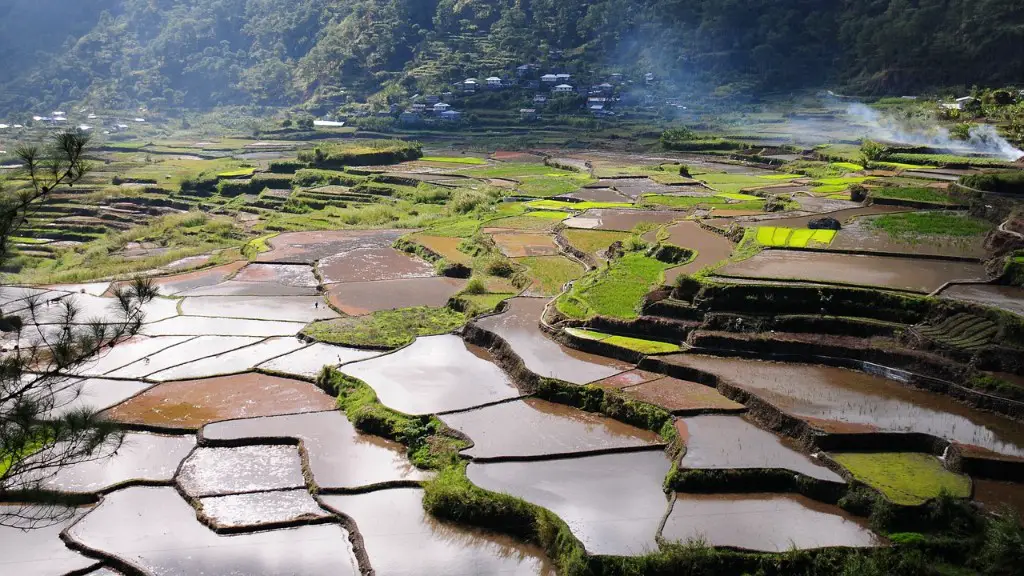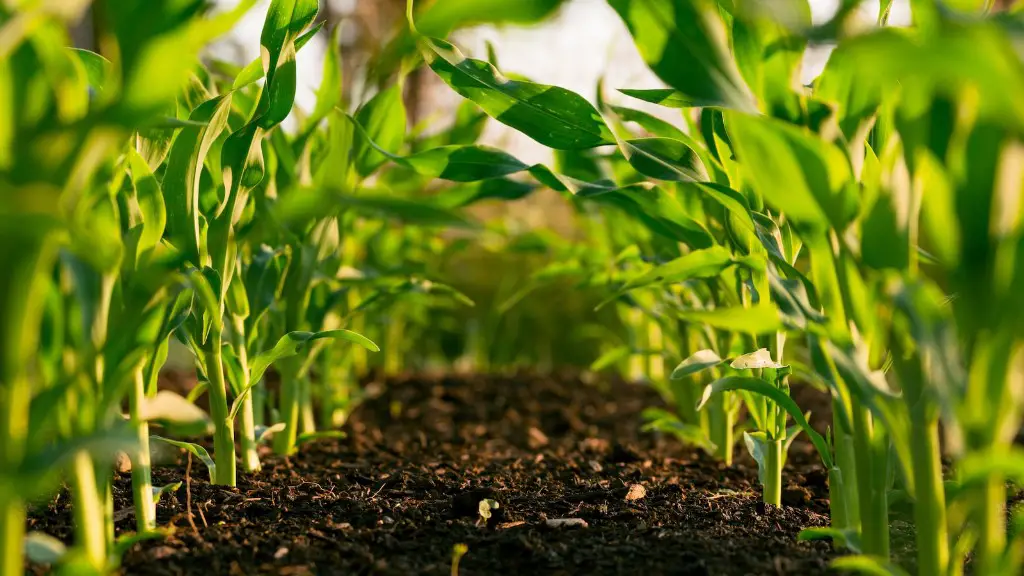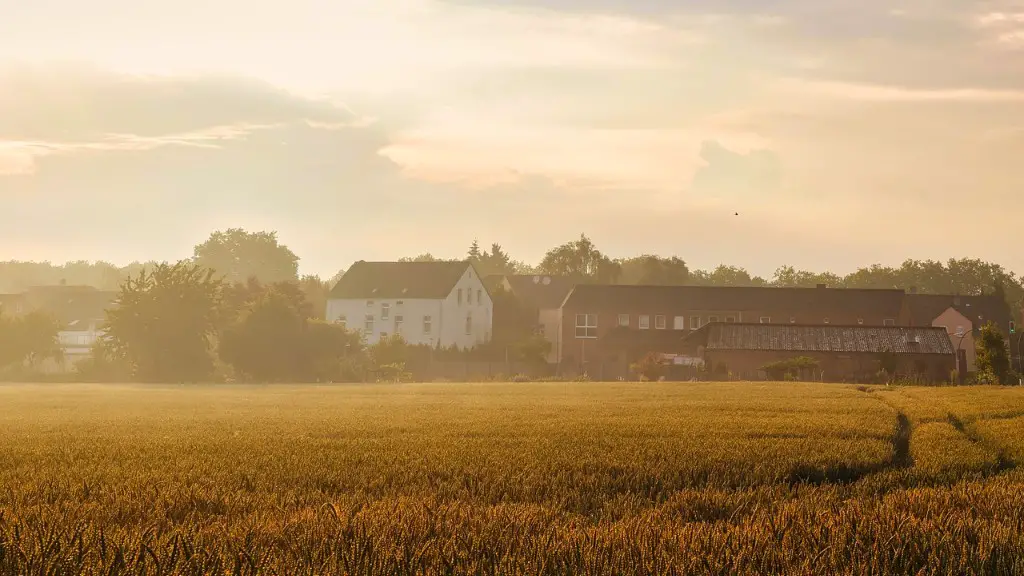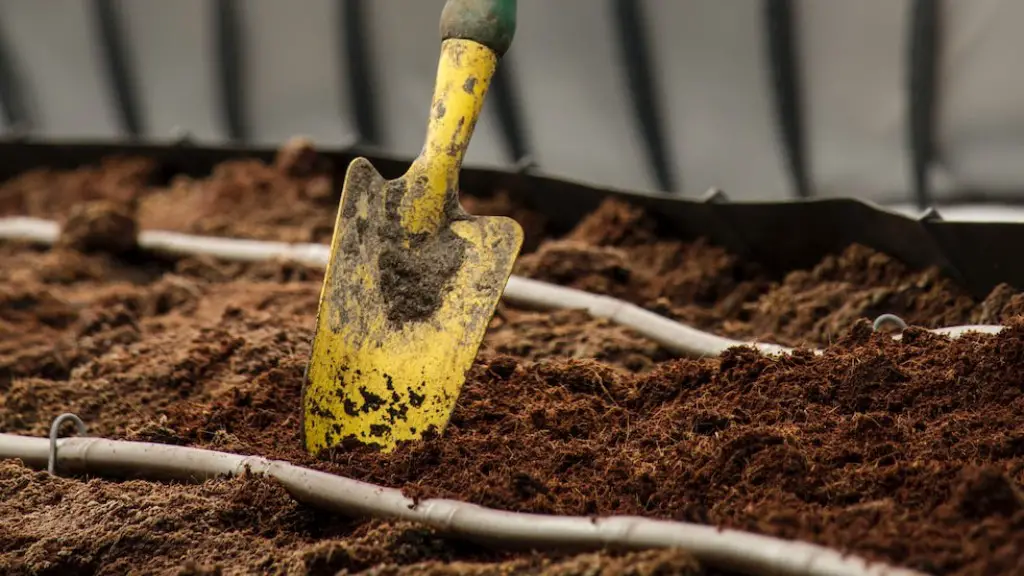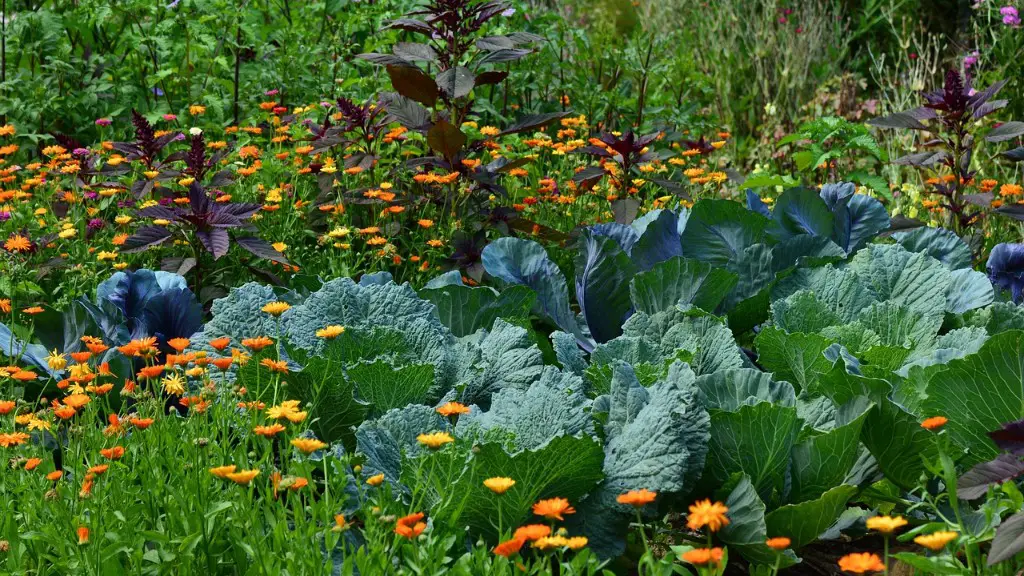The Agricultural Revolution was a major turning point in human history. It allowed for the domestication of plants and animals, which led to the formation of civilizations. Agriculture has had a major impact on the environment, and some people believe that it is the worst mistake in human history.
No, agriculture is not the worst mistake in human history. There are many factors that contribute to agricultural success or failure, and it is impossible to say that agriculture is always the worst mistake.
Why is agriculture a big mistake?
Farming helped bring another curse upon humanity: deep class divisions. Hunter-gatherers have little or no stored food, and no concentrated food sources, like an orchard or a herd of cows: they live off the wild plants and animals they obtain each day. This means that they are constantly on the move, following the food sources. They have no need for large, complex societies, and no reason to develop class divisions.
Farming, on the other hand, allowed for the development of large, sedentary societies. Farmers could store food, and had a more reliable food supply than hunter-gatherers. This allowed for the development of complex social structures, and the rise of class divisions. The rich could afford to have servants and slaves, while the poor were forced to work long hours just to survive.
The beginning of farming allowed early humans to produce food without having to migrate. This allowed them to build permanent structures and develop villages, towns, and eventually cities. The increase in population was closely connected to the rise of settled societies.
How did agriculture change human history
Farming is one of the most important inventions in human history. It allowed people to grow all the food they needed in one place, with a much smaller group of people. This led to massive population growth, creating cities and trade.
It is clear that agriculture has had a profound impact on human history. Not only has it led to the development of civilizations, but it has also resulted in some of the most significant instances of war, inequality, and climate change. It is important to remember that while agriculture has had a negative impact on the environment and on human societies, it has also been a vital part of human development and has played a key role in the advancement of civilization.
Who argued that agriculture was humankind’s worst mistake?
In this article, Professor Jared Diamond challenges the widely-held belief that the adoption of agriculture was a progressive step for human beings. He argues that, in fact, it was the worst mistake in the history of the human race. He cites a number of reasons for this, including the fact that it led to a more sedentary lifestyle and a diet that was lower in nutritional value than the hunter-gatherer diet. He also argues that the rise of agriculture led to the rise of civilizations, which were often oppressive and exploitative.
It is clear that without agriculture, we would starve and the modern civilisation would come to a stop. Therefore, sustainable agriculture, climate-smart agriculture, modern genetics and improved farming methods, among others, are needed to ensure global food security.
Can we survive without agriculture?
Agriculture is the foundation of civilization and any stable economy. Without agriculture it is not possible to have a city, stock market, banks, university, church or army. Agriculture is the backbone of the world economy and the world would not be able to function without it.
Researchers from the US compared mortality rates among farmers against rates for the general population and found farmers less likely to die from cancer, heart diseases or diabetes.
There are many possible explanations for this discrepancy, but one possibility is that the physical nature of farming – the constant exposure to fresh air and physical activity – might have a protective effect against these chronic diseases.
This is an interesting finding that merits further exploration. If confirmed, it could have implications for public health policy, particularly in terms of encouraging people to take up farming or to engage in more physical activity.
How did humans live before agriculture
Hunter-gatherer cultures forage or hunt food from their environment. Often nomadic, this was the only way of life for humans until about 12,000 years ago when archaeologic studies show evidence of the emergence of agriculture. Hunter-gatherers typically live in small groups and have a deep knowledge of their local environment and the plants and animals that live there. This knowledge allows them to sustainably harvest resources from their environment without damaging it.
The Neolithic Revolution—also referred to as the Agricultural Revolution—is thought to have begun about 12,000 years ago. This marked a significant change in human history, as people began to move away from hunting and gathering and instead began to domesticate plants and animals. This shift to agriculture changed humanity forever, paving the way for the development of civilizations.
Did agriculture change the way humans lived?
The development of agricultural about 12,000 years ago changed the way humans lived. They switched from nomadic hunter-gatherer lifestyles to permanent settlements and farming. This new way of life allowed for the development of civilizations and the growth of cities. It also led to the domestication of animals, which provided a new source of food and labor. Agriculturalists were able to produce more food than hunter-gatherers, which allowed for the growth of populations. The development of agriculture was a major turning point in human history and has had a profound impact on the world we live in today.
The average height of humans has decreased over time, likely due to a change in diet and lifestyle. When humans first began hunting and foraging for food, they were likely taller and more robust than the average person today. However, when humans began farming and relying on crops for sustenance, they became more susceptible to malnourishment and other problems associated with a lack of variety in their diet. As a result, the average human height has decreased over time.
What is the negative impact of agriculture
Agriculture has long been identified as a leading cause of environmental degradation. However, it is only recently that the full extent of its impact has come to light. Agriculture contributes to a number of environmental issues that cause environmental degradation, including climate change, deforestation, biodiversity loss, dead zones, genetic engineering, irrigation problems, pollutants, soil degradation, and waste.
While some of these impacts are well known, others are only now being understood. For example, the role of agriculture in climate change is only now being fully appreciated. Agriculture contributes to greenhouse gas emissions in a number of ways, including through livestock production, soil management, and use of agricultural chemicals.
Deforestation is another major impact of agriculture. Agricultural expansion is a leading cause of deforestation, as farmers clear land for crops or grazing. Deforestation leads to habitat loss and can have a devastating impact on biodiversity.
Agriculture also has a significant impact on water resources. Irrigation for agriculture is a leading cause of water depletion and water pollution. Agricultural chemicals can pollute both surface and ground water.
Soil degradation is another major environmental issue caused by agriculture. Soil degradation can occur due to soil erosion, loss of nutrients, and other factors. Soil degradation can lead
The government has implemented financial assistance programs that enable farmers to reduce their GHG emissions from agriculture. These programs can help offset the costs of upgrading to more efficient equipment and practices, and help farmers adopt new technologies and management practices that can reduce GHG emissions.
What was the greatest mistake of humanity?
In his 1997 bestseller Guns, Germs, and Steel, Jared Diamond argued that the invention of agriculture was the worst mistake in human history. But despite its many problems, agriculture is now a necessary part of human civilization. Today, we face the challenge of making agriculture work better than ever before, in order to feed the ever-growing population. This will require innovative thinking and a commitment to sustainable practices. Only by doing so can we hope to create a bright future for humankind and the planet.
The “hungry farmer paradox” refers to the fact that the majority of people facing food insecurity are small farmers living in extreme poverty. Seasonal food shortage, known as “lean months”, is widespread in coffee-growing communities. Paradoxically, these farmers often have difficulty accessing the very food they produce. This is due to a variety of factors, including the high cost of food, lack of infrastructure, and limited access to markets. As a result, these farmers are often forced to sell their crops at below-market prices, which perpetuates their poverty and food insecurity.
Final Words
There is no definitive answer to this question as it is a matter of opinion. Some people believe that agriculture is the worst mistake in human history because it has led to environmental degradation, while others believe that it is the best thing that humans have ever done because it has allowed us to domesticate plants and animals and to live in settled communities.
I don’t think so. Agriculture allowed for the domestication of plants and animals, which led to the development of civilizations. Agriculture has also been a major source of food for people throughout history.
